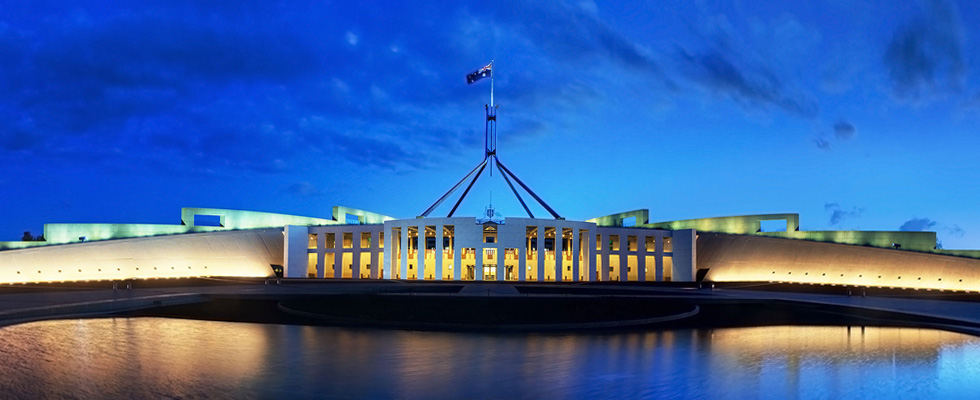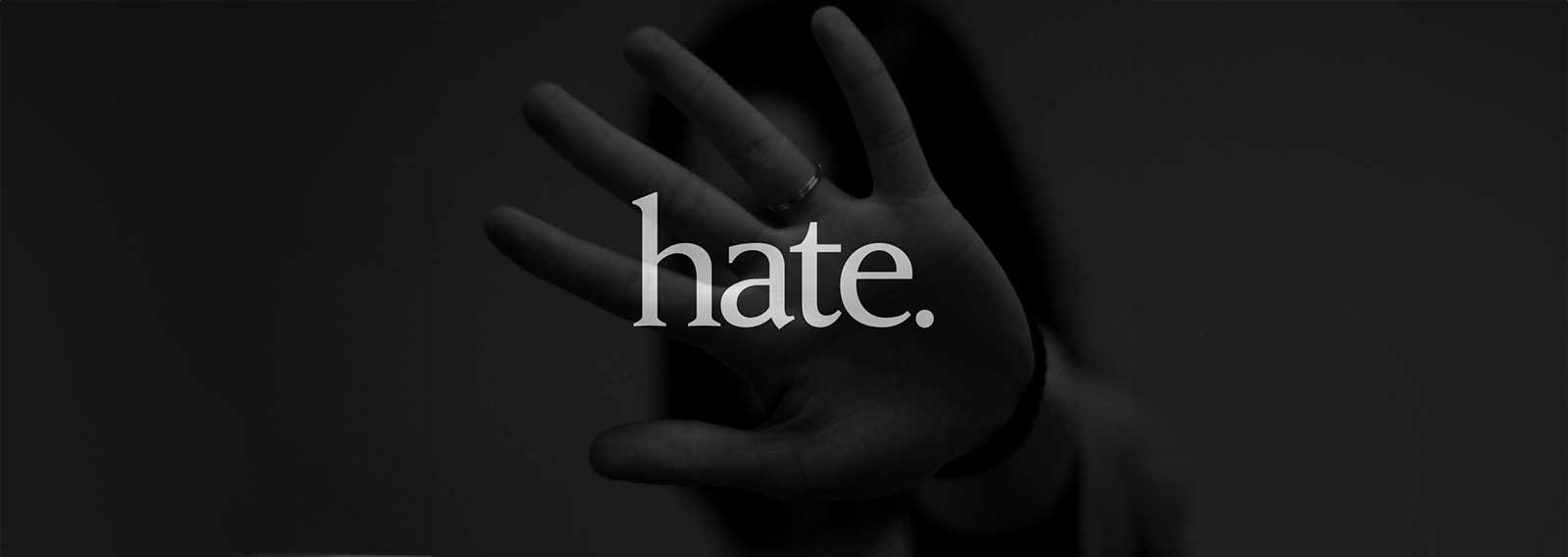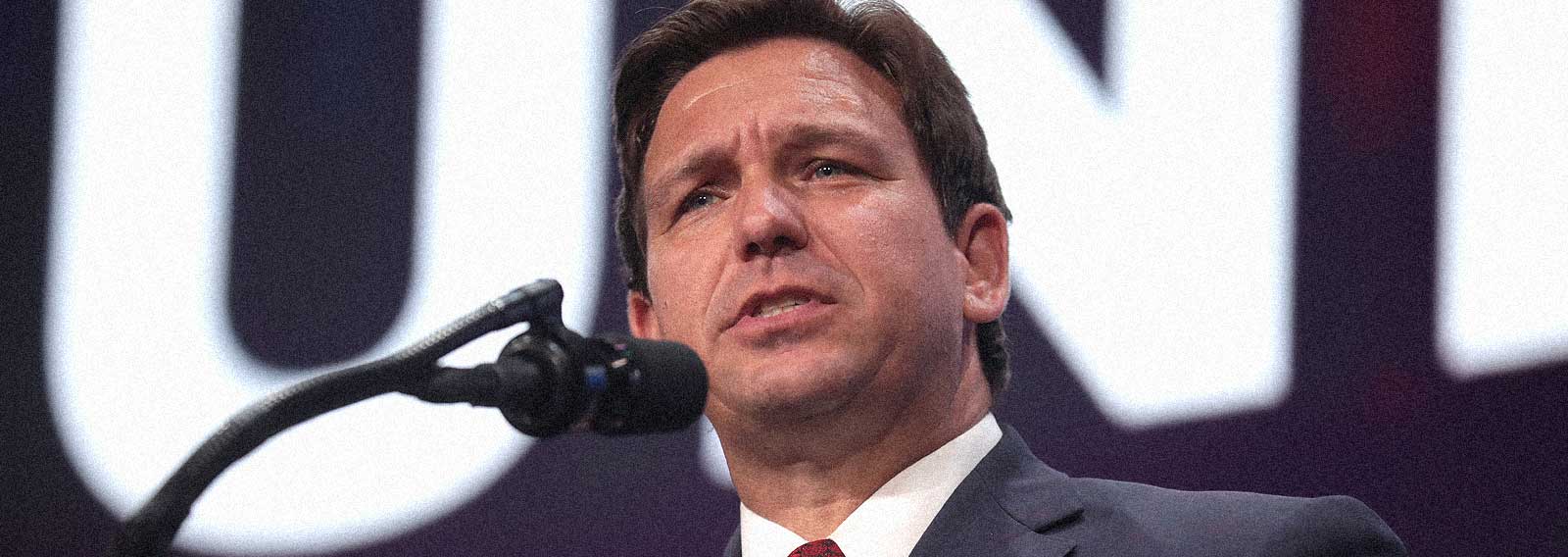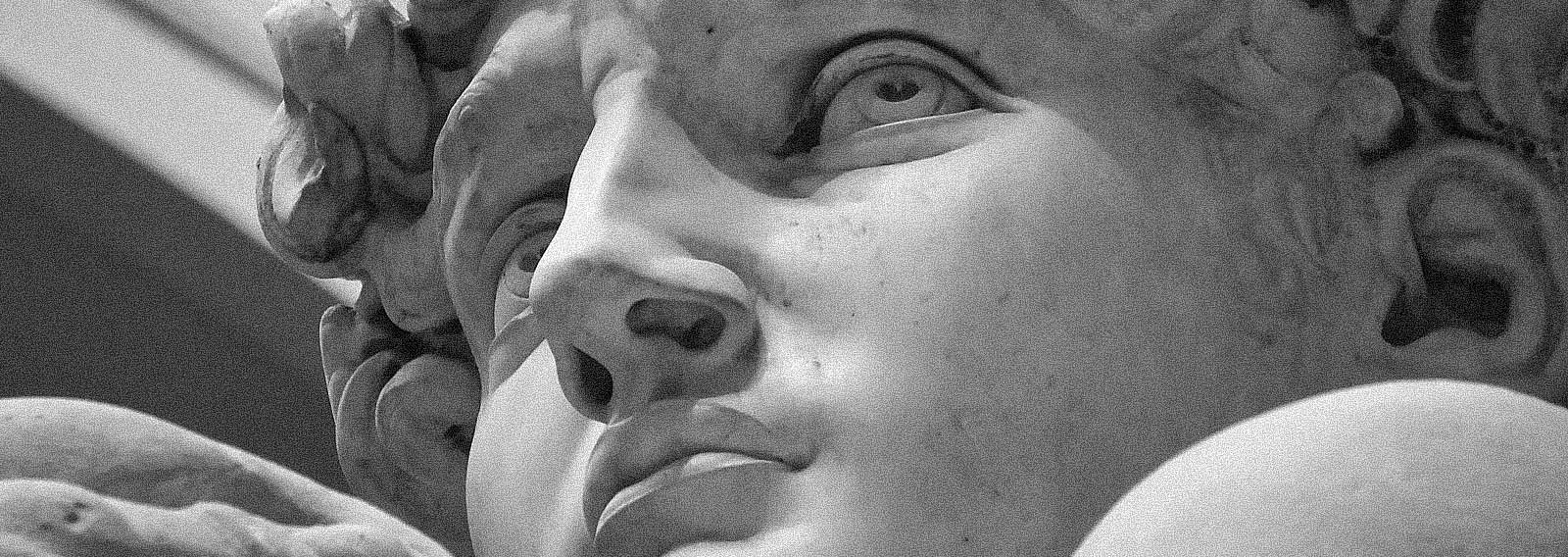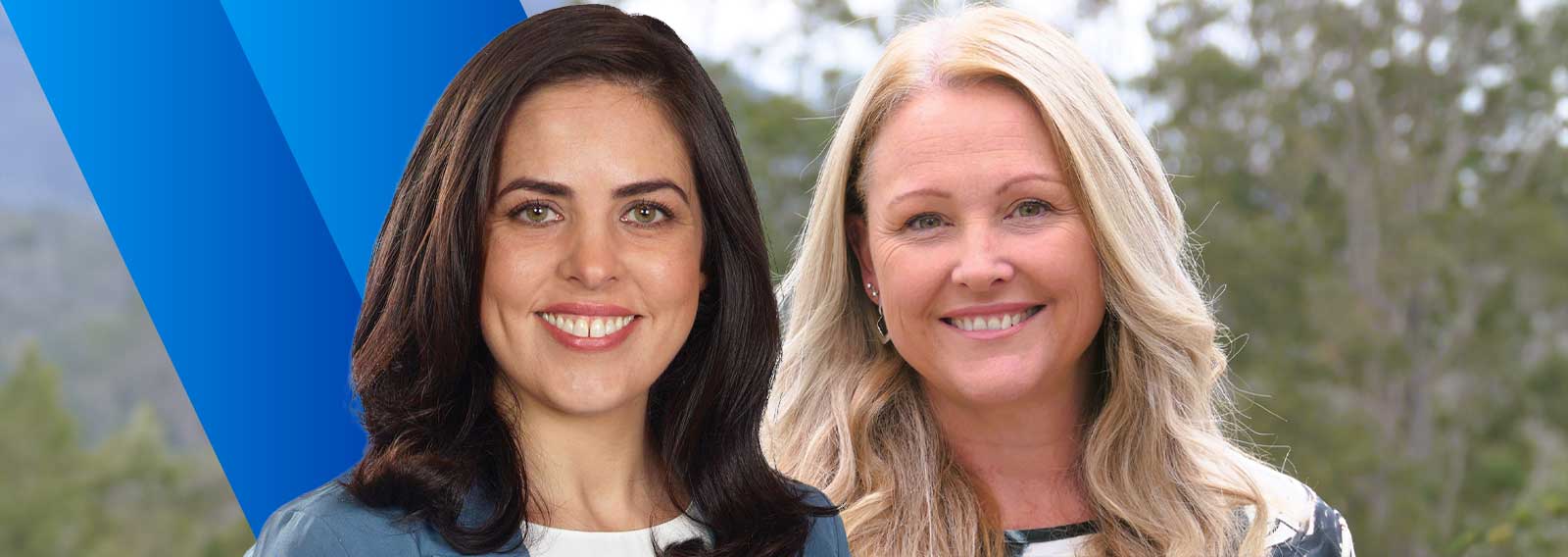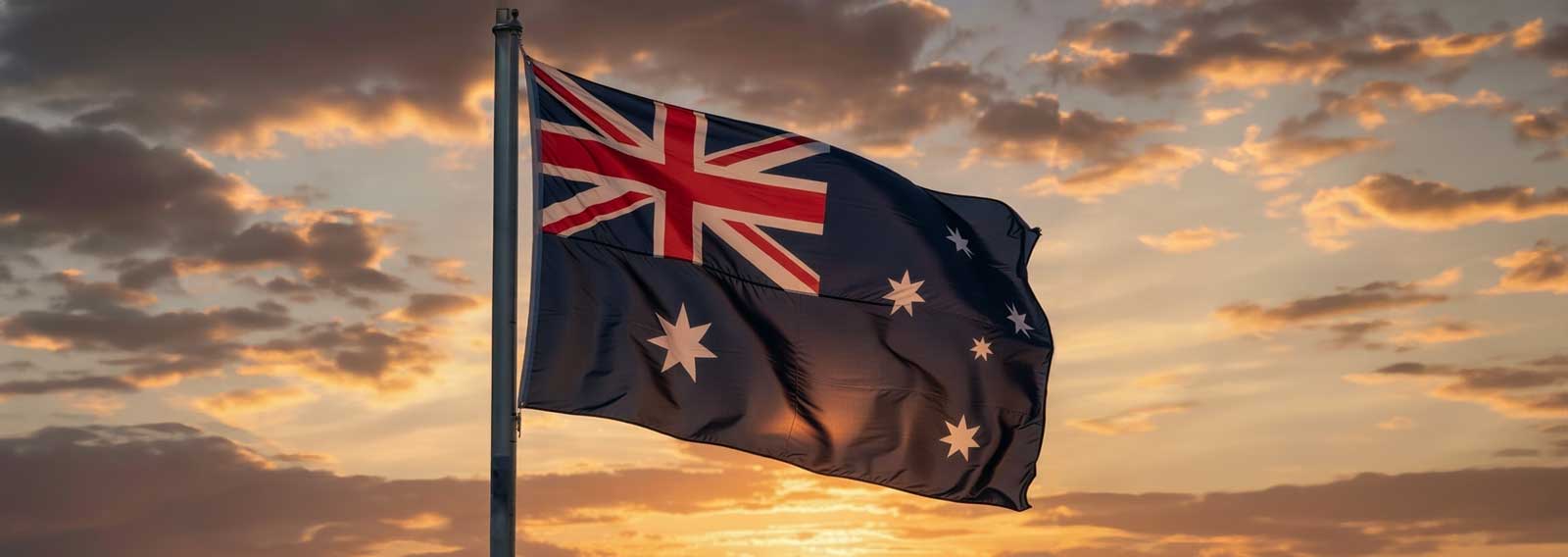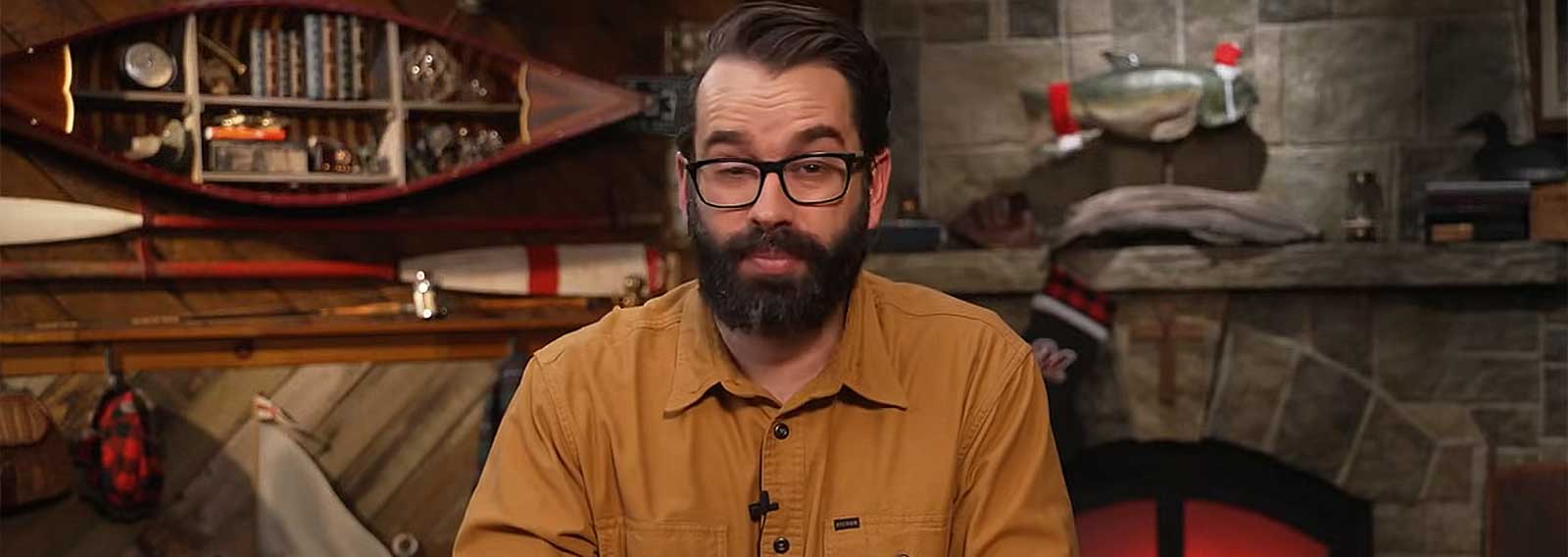Roughly 40% of Australians voted No to same-sex marriage and, according to a recent Newspoll, roughly 40% also reject the legitimacy of religious protections for Australians who disagree with same-sex marriage. The debates taking place in Federal parliament regarding religious liberty are culturally significant.
The cultural reformation of the 1960s has transformed social views on sex, marriage, family, and, increasingly, gender. And yet clearly not all have gone with the tide.
What became increasingly obvious during the same-sex marriage debate and now with the debate over religious protections is that culturally Australia is shifting back to the acrimonious sectarianism that characterised it up to World War II.
The attitude of many business, political, and media elites towards the No side mirrors the near total lack of empathy reserved for Irish Catholics during the nineteenth century when colonial culture was deeply British, and therefore deeply Protestant. This lack of empathy saw Catholics marginalized from the public service, the professions, and also forced them to pay for a public system of education that they could not in good conscience use while at the same time paying for their own.
Even worse, in the earliest years of the penal colony there was no freedom of conscience for Catholics not to participate in Protestant church services.
For most of the twentieth century, Australians have basically agreed on questions of sexuality and gender identity. Furthermore, the sectarian tensions between Protestants and Catholics that plagued the nineteenth century were dying by the 1950s. In other words, over the past generation there has largely been an absence of the tense conditions that tend to throw up pleas for religious liberty and freedom of conscience.
Deep and wide division of opinions when it comes to the question of the meaning of marriage and human identity should not surprise us. Just as a free economy will result in differences in wealth, so a free society will result in differences of opinion. The corollary is obvious: if freedom results in pluralism, the absence of pluralism is the absence of freedom. Deep down the purveyors of identity politics know this, which is why are so hostile to freedom. Indeed, just as Marxists spurned property rights as a mere pretext for exploiting the workers, so identity liberationists spurn freedom of speech and conscience as pretexts for oppressing minorities.
Defence of freedom of conscience hovers in between two unacceptable conditions: total anarchy in which we can do as we please, and totalitarianism, which sets out in detail what we can and cannot think, say, and do. Just as advocates of religious liberty and freedom of conscience must recognise that there are legitimate limits to what we should be permitted to do in the name of conscience, so those critics of these rights need to understand that there are legitimate limits to what the state can demand of us as individuals.
If acting on our most sacred beliefs – religious or secular – does not cause any direct and serious harm to others then the state has no business in regulating such actions. Now some say that a baker, photographer, clergyperson, or any kind of vendor refusing to facilitate a same-sex wedding is inflicting a status or dignity harm against another. That is, such conscientious objection harms or sets back the status and dignity of the customer.
The problems here are many, but I will mention two. First, who is to say that the customer’s identity as same-sex attracted is any more important to him than the vendor’s identity as a religionist is to her? And therefore on what grounds can we say that forcing the vendor to facilitate an event deeply at odds with her beliefs is any less an affront to her dignity than refusing to so participate is an affront to the customer’s? What to do in such a clash of harms? One solution is to let the vendor risk her business’s reputation by following her conscience, and let the market decide. Does the state need to intervene at all in such a complex matter?
Second, we need to distinguish between the customer’s identity and the service being requested. Photographers and bakers are not refusing to serve customers because of their sexual identity. They are refusing to participate in activities that contribute to an event/activity to which they are deeply opposed. If the same customers simply wanted to buy flowers or cakes for other occasions then the vendors would comply. Furthermore, if straight customers went in and requested a wedding cake for a same-sex wedding they too would be denied. No one is being denied business because they are gay.
As with all contentious moral issues, there are grey areas, but recognising that there are grey areas is no license to declare the whole area grey and summarily dismiss the legitimate concerns of citizens whose conscience falls on the wrong side of the same-sex marriage survey.
Finally, religious liberty and freedom of conscience is not religious privilege. Indeed, all Australians should be free to decline participation in events and activities to which they have deep moral objections. Indigenous Australians should be free not to sell Australia Day flags in their shops or cater Australia Day events. A gay photographer should be free to decline creating promotional material for an Australian Christian Lobby Conference. Also, political parties should be free to sack employees who are openly out of sympathy with their cause and to reject candidates whose beliefs are dissonant with their programme.
It is astounding that the Liberal Party fails to grasp all of this, for these were values that liberals over the past few hundred years fought to secure. As John Anderson said (11/11/17), “The Liberal Party is in peril of forgetting that there is more to free societies than free markets.” Now that we have a Liberal Party without liberalism, its electoral success in the coming years will be a nice gauge of the extent to which the majority of Australians values liberal freedoms. Perhaps they never were much valued and we are returning to a natural state of cultural struggle, only with new Protestants and new Catholics.



